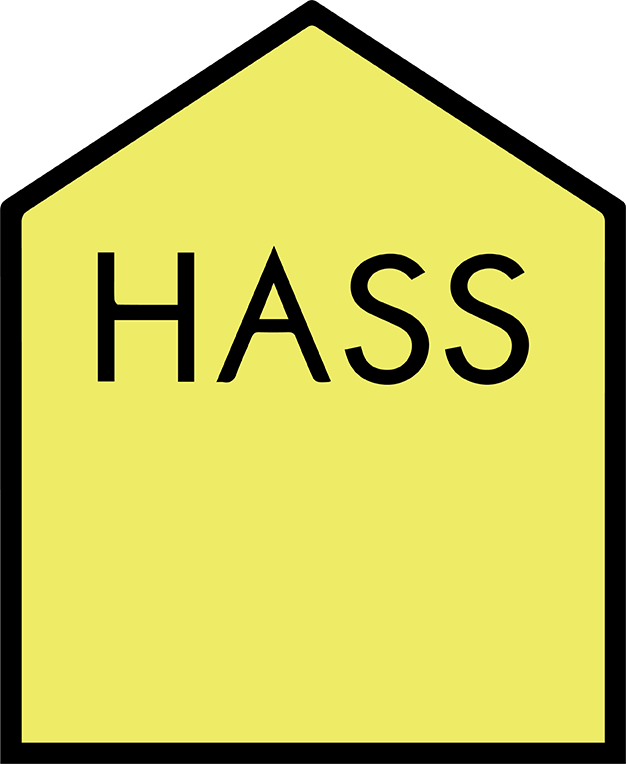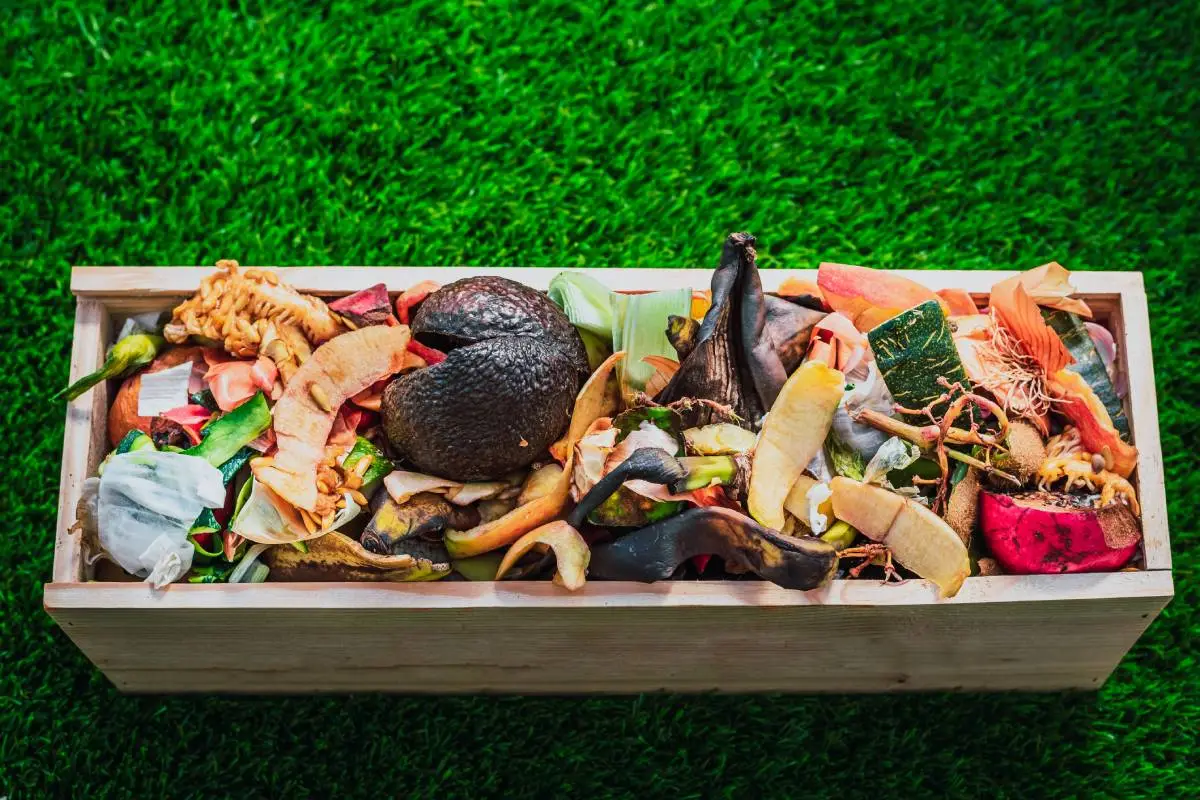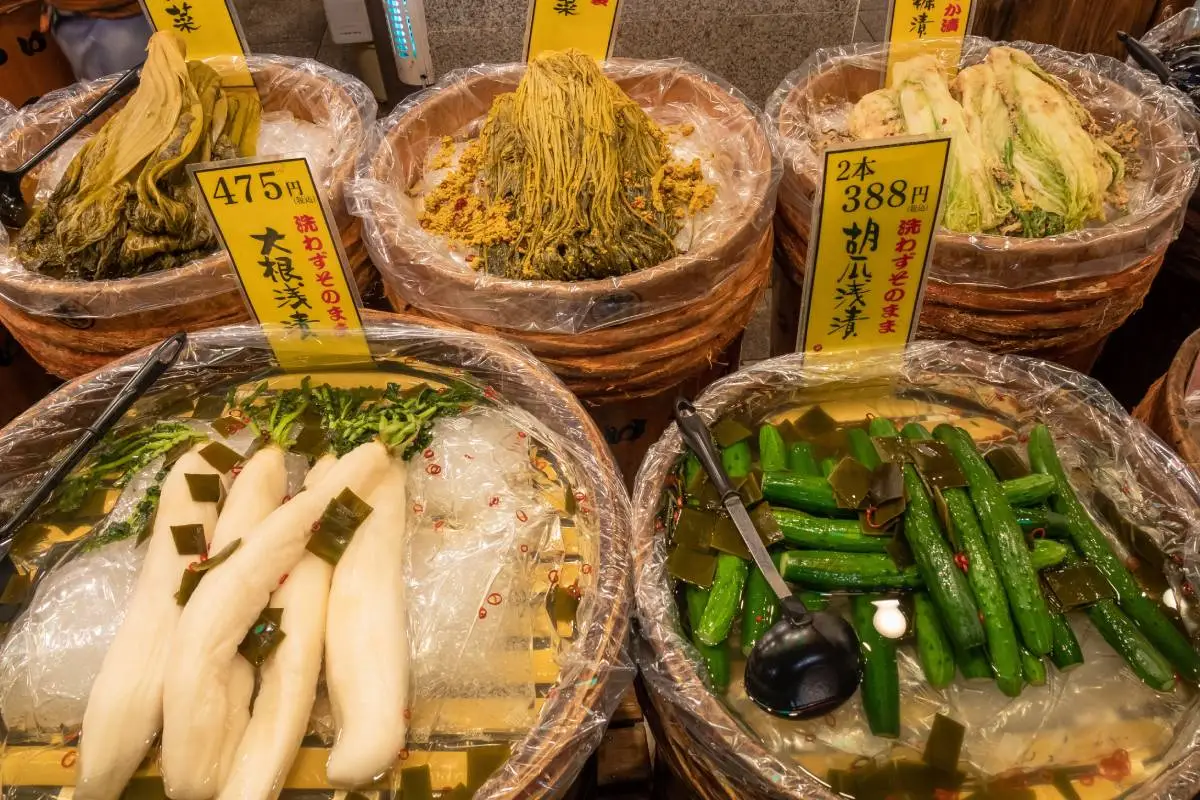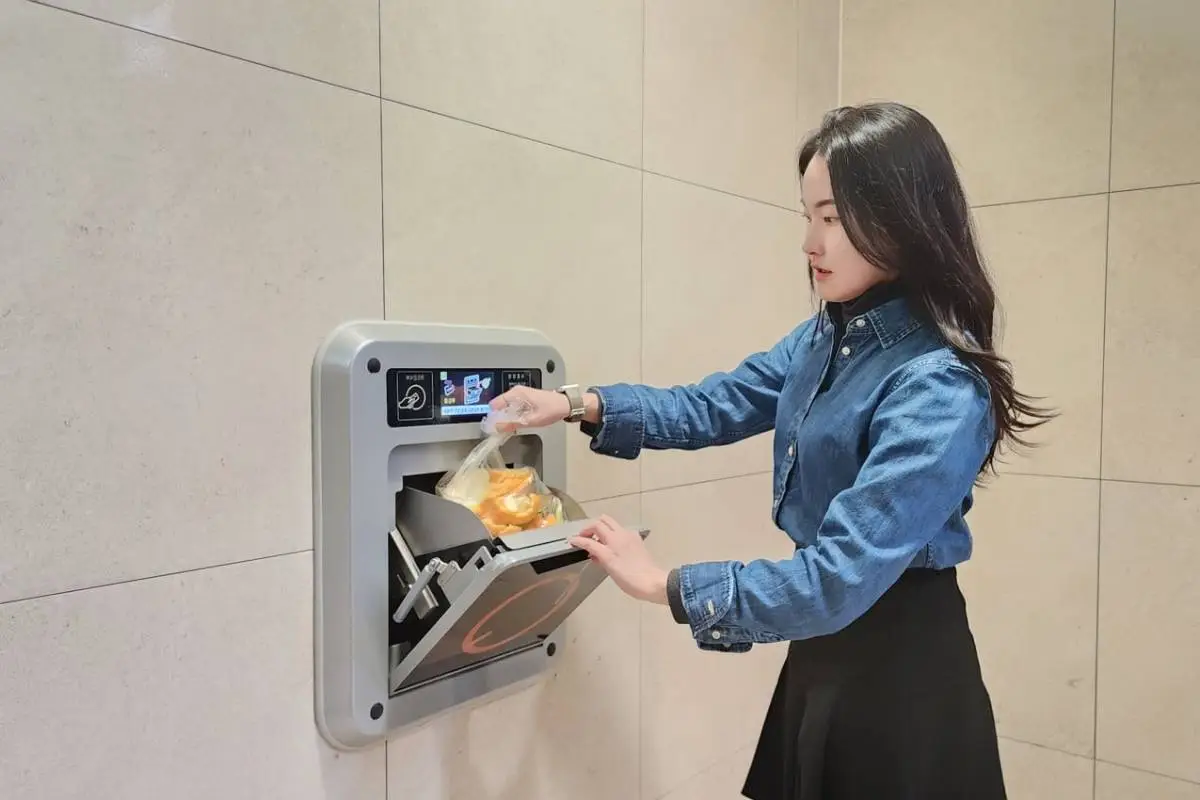Food waste is a growing global issue that not only affects the environment but also squanders resources like water, energy, and labour used in food production.
According to the United Nations Environment Programme (UNEP), around one-third of all food produced globally is wasted, amounting to approximately 300 million tonnes annually. Tackling food waste has become a national priority for many countries, and some have developed innovative systems to manage and reduce it effectively.
In this article, we’ll explore how other countries like South Korea, Japan, and Australia are addressing food waste disposal, examining the unique approaches, laws, technologies, and cultural attitudes that define their strategies.
South Korea: Leading with Policy and Technology
South Korea is often hailed as a global leader in food waste management. With a dense population and limited landfill space, the country was compelled to develop advanced food waste policies early on.
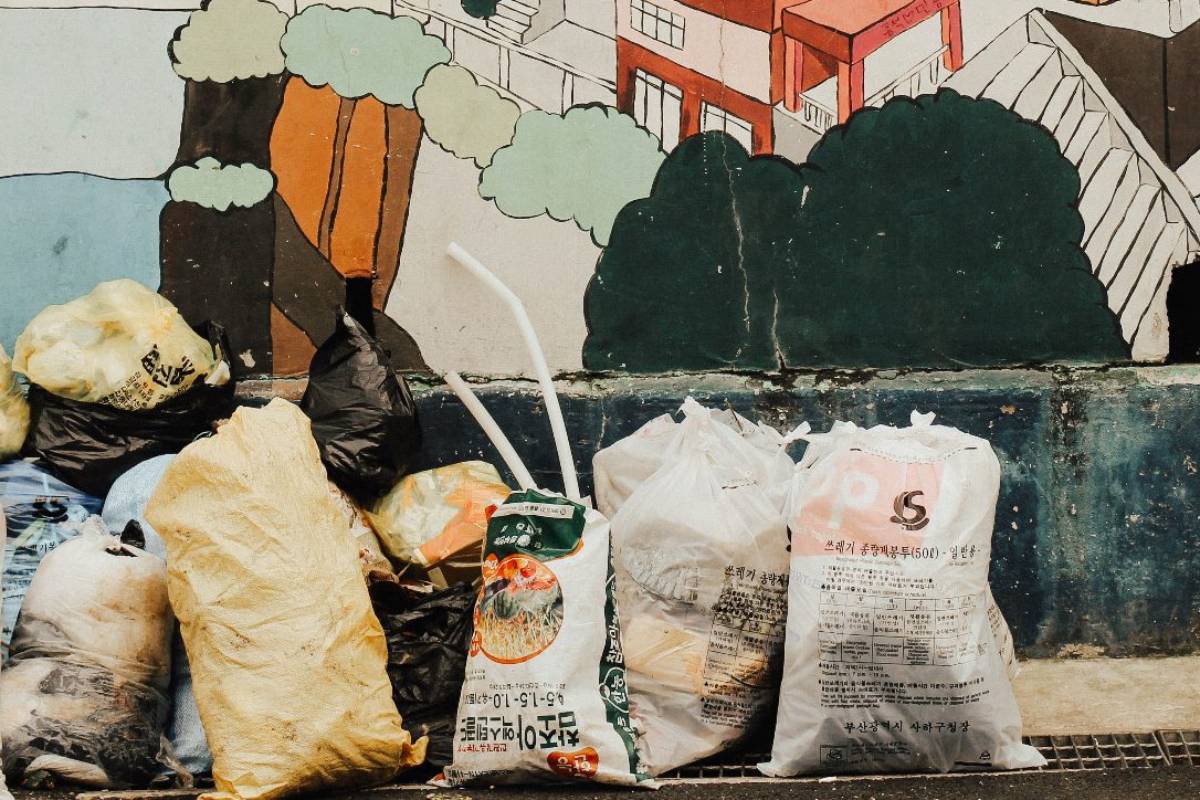
Pay-As-You-Throw (PAYT) System
Since 2013, South Korea has implemented a Pay-As-You-Throw system for food waste. Citizens must separate food waste from general garbage and dispose of it in government-approved biodegradable bags that cost a small fee. This cost-based system encourages households to reduce their food waste since they literally pay for what they throw away.
In apartment buildings, smart bins equipped with RFID (Radio Frequency Identification) systems weigh the food waste and charge residents accordingly. The average Seoul household has cut down food waste by about 30% since the system was introduced.
Food Waste Recycling
Roughly 95% of South Korea’s food waste is recycled, thanks to the country’s high-tech approach. Food scraps are collected and processed into:
- Animal feed
- Fertiliser/compost
- Bioenergy and biogas
To facilitate this, the food waste must be free of excess liquids. Citizens are encouraged to drain their waste before disposal, and some buildings have dewatering machines in place. Sludgy food waste used to go to landfills but is now banned entirely.
Companies such as HASS Thailand offer a glimpse into how similar technologies and composting solutions could be adopted by other countries. HASS Thailand’s compact food waste composters are already helping households and businesses in Asia reduce landfill pressure while creating useful organic fertiliser.
Public Education and Cultural Cooperation
Education campaigns, school programs, and media involvement have helped instill good habits from a young age. There’s a strong cultural emphasis on not wasting food, partly rooted in traditional values and economic necessity during past decades of hardship.
Japan: Waste Segregation and Smart Innovations
Japan is another country with an advanced food waste management system, although its focus leans more on segregation, reduction at the source, and reuse rather than recycling alone.
Strict Waste Segregation Laws
Japanese municipalities strictly enforce waste segregation rules. Most cities require residents to separate waste into burnable, non-burnable, recyclable, and organic waste categories. Failure to comply can result in penalties or garbage not being collected.
Food waste generally falls into the burnable category, but in some areas, it’s processed separately for animal feed, fertiliser, or biogas production.
Food Waste Reduction Laws
Japan passed the Food Waste Recycling Law in 2001, updated in 2007 and again in 2019. It mandates businesses—especially food producers, supermarkets, and restaurants—to reduce and recycle food waste. The law requires large corporations to submit food waste reports annually and encourages them to:
- Donate unsold edible food to food banks
- Convert waste to animal feed (a process called “eco-feed”)
- Compost organic waste
With innovative composting machines like those developed by HASS Thailand, it’s possible to create closed-loop systems where waste is quickly converted into high-quality organic fertiliser—especially useful in high-density areas or for food manufacturers.
Technological Innovations
Japan uses smart food waste disposal units in some cities, including home composters and industrial bio-waste converters. Compact kitchen units that ferment food waste using microorganisms are becoming increasingly popular for apartment dwellers.
Additionally, supermarket chains use AI systems to optimise food inventory, reducing the risk of overstocking and subsequent waste.
Cultural Practices
Japanese culture promotes minimalism, respect for food, and “Mottainai”—a concept meaning “what a waste.” This cultural framework aligns with the country’s goals of reducing unnecessary food disposal and encourages people to eat leftovers or use every part of a vegetable or meat product.
Australia: Catching Up with Education and Infrastructure
Australia generates over 7.6 million tonnes of food waste annually, costing the economy about $36.6 billion per year. While not as advanced as Korea or Japan, Australia has made significant progress in recent years.
National Food Waste Strategy
The Australian Government launched the National Food Waste Strategy in 2017 with a goal to halve food waste by 2030 in alignment with the United Nations Sustainable Development Goals (SDG 12.3). It includes:
- Support for research and innovation
- Grants for food waste recycling infrastructure
- Partnerships with local councils, NGOs, and industry bodies
In 2023, the Australian Government also launched the Food Waste for Healthy Soils Fund, which funds large-scale composting facilities. Products like those from HASS Thailand could be invaluable in smaller community-scale or commercial settings—offering odour-free, energy-efficient composting units.
Household Initiatives and Composting
Many Australian households still dispose of food waste in general garbage, where it ends up in landfills, releasing methane gas—a potent greenhouse emission.
However, councils across major cities like Sydney, Melbourne, and Adelaide are increasingly offering Food Organics and Garden Organics (FOGO) bin services. This system collects organic waste separately and sends it to composting facilities.
To support home composting, some councils are introducing rebates on equipment such as composters or food waste digesters—many of which are similar in function to HASS Thailand’s food waste composting machine, that are gaining popularity across Southeast Asia.
Rescue and Redistribution Programs
Several food rescue charities like OzHarvest, Foodbank, and SecondBite partner with supermarkets, cafes, and food manufacturers to redistribute surplus food to those in need. These programs have become a core part of Australia’s food waste reduction efforts, especially at the commercial level.
Supermarket and Industry Roles
Large retailers like Woolworths and Coles have taken steps to address food waste by:
- Selling “imperfect” produce
- Partnering with food rescue organisations
- Discounting near-expiry products
These efforts are complemented by consumer education campaigns encouraging shoppers to better plan meals and understand date labels (i.e., “Best Before” vs. “Use By”).
Comparison: Korea vs. Japan vs. Australia
| Aspect | South Korea | Japan | Australia |
| Food Waste Law | Mandatory PAYT, strict recycling rules | Recycling laws for businesses, strict waste separation | National strategy, voluntary business compliance |
| Recycling Rate | ~95% of food waste is recycled | ~80% recycled by food industries | ~20% of food waste is recycled |
| Tech Solutions | RFID smart bins, moisture extraction | AI stock management, home composters | Composting facilities, HASS Thailand units, worm farms |
| Public Involvement | Strong cultural participation, PAYT fees | Cultural values like Mottainai, strict sorting | Growing awareness, slower behaviour change |
| Major Focus | Reduction via penalty and recycling | Reduction via reuse and smart systems | Rescue, composting, and landfill diversion |
What Can Thailand Learn from These Countries?
Countries like South Korea and Japan demonstrate that policy enforcement, cultural engagement, and technological innovation are all crucial for effective food waste management. Australia, while behind in recycling rates, is building momentum with government support and growing public awareness.
Key takeaways:
- Incentives and penalties work – South Korea’s PAYT system shows that financial accountability can drive real change.
- Culture matters – Japan’s emphasis on not wasting anything is a powerful motivator that works hand in hand with policy.
- Infrastructure investment is essential – Without composting plants and collection systems, food waste will continue to end up in landfills. Smart units like those offered by HASS Thailand for residential and commercial use can fill the gap between industrial systems and commercial and household needs.
- Education is critical – Whether it’s understanding expiry labels or learning to compost, informed citizens are essential to long-term success.
Final Thoughts
Food waste is an environmental, economic, and ethical challenge that no country can afford to ignore. While approaches differ, the combined strategies of government policy, business accountability, public education, and technological innovation are proving to be the most effective.
South Korea and Japan set powerful examples of how systems, culture, and innovation can reduce food waste to minimal levels. Australia, with its recent reforms and community-driven programs, is now on a promising path toward more sustainable food practices.
With solutions like HASS Thailand’s composting machine, there’s growing potential for households and businesses alike to manage food waste responsibly, no matter where they are in the world.
